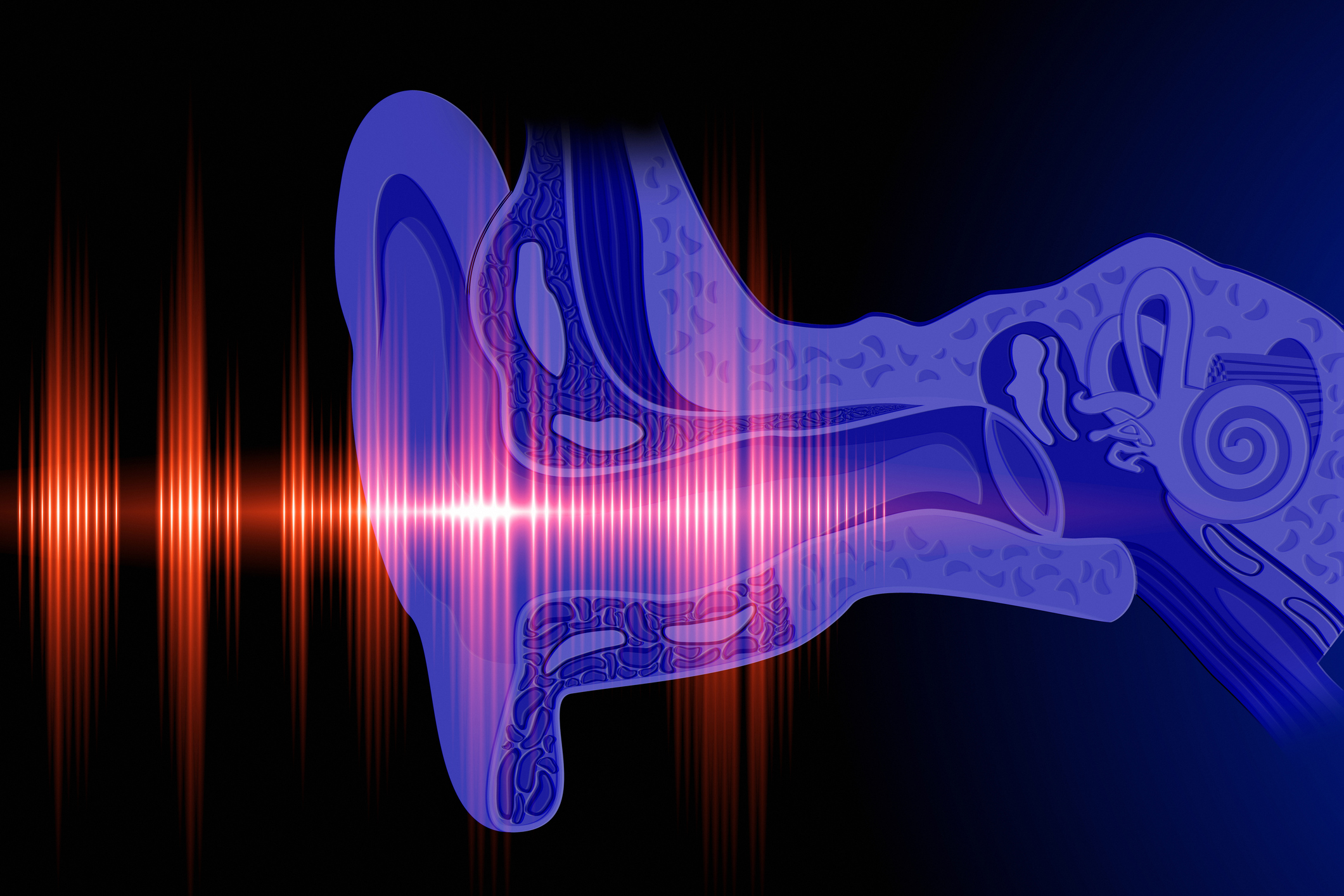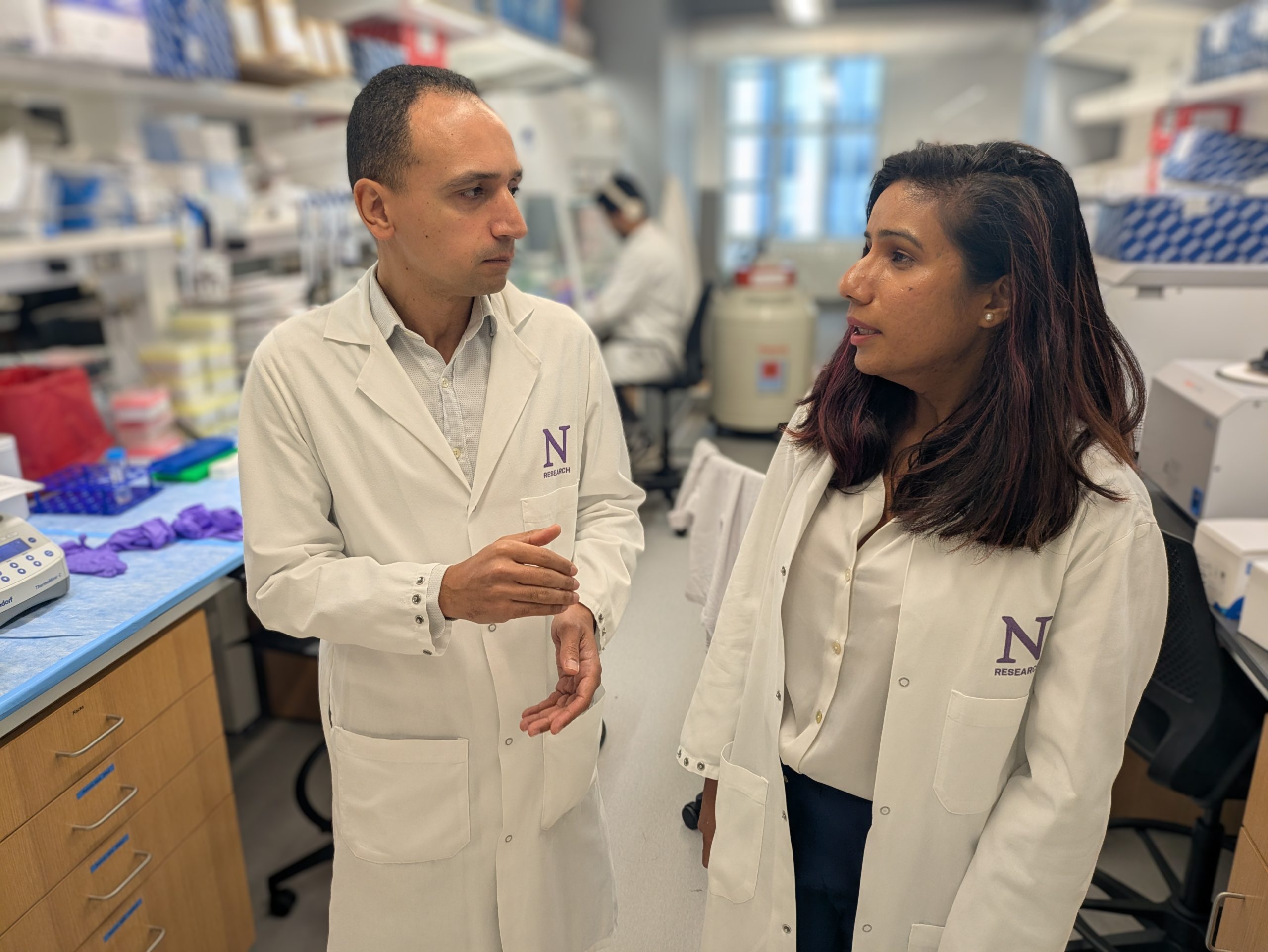Category: Disease Discoveries
-

Sickle Cell Trait May Distort Diabetes Test Results
A JAMA study has found that hemoglobin A1C measurements — a biomarker frequently used to diagnose diabetes — may be less accurate in African-Americans with sickle cell trait.
-

Molecule Stops Fatal Pediatric Brain Tumor
In research published in Nature Medicine, Northwestern Medicine scientists have found a molecule that stops the growth of an aggressive pediatric brain tumor for which there is no current treatment.
-

Novel Biomarker Predicts Treatment Response in Chronic Leukemia
A newly identified biomarker may predict treatment response in patients with chronic myelogenous leukemia, according to a Northwestern Medicine study.
-

Overexpression of Protein Improves Cardiac Efficiency
Northwestern Medicine scientists showed how the overexpression of the protein SNRK in cardiac tissue improves cardiac metabolism and is protective against ischemic conditions.
-

Investigating a Novel Pathology for ALS
A new review, published in Nature Reviews Neurology, outlines how upper motor neuron degeneration is an important feature in ALS pathology, and could be key to developing better diagnostic tools and treatments for ALS.
-

Medical Student Investigates Cervical Cancer Surgery Survival
A surgical procedure called a pelvic exenteration may be curative for more than half of women with a form of advanced cervical cancer who have failed other treatments.
-

Regulating Sodium Channels in Epilepsy
A Northwestern Medicine study uncovered novel findings about sodium channels in neurons that may represent a novel therapeutic target for epilepsy treatment.
-

Identifying Neural Adaptations Underlying Cocaine Addiction
Northwestern Medicine scientists and co-authors defined a role for the WAVE1 protein in the cellular mechanisms behind cocaine addiction.
-

Halting Lethal Childhood Leukemia
Northwestern Medicine scientists have identified a molecular therapy to prevent the growth of a rare pediatric leukemia.
-

Fatty Acids May Help Target Ovarian Cancer
A recent study explores the use of metabolic markers to target ovarian cancer stem cells and could improve outcomes of existing therapies.






